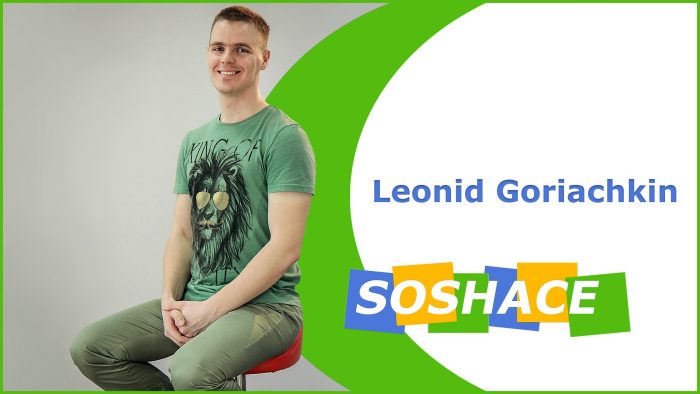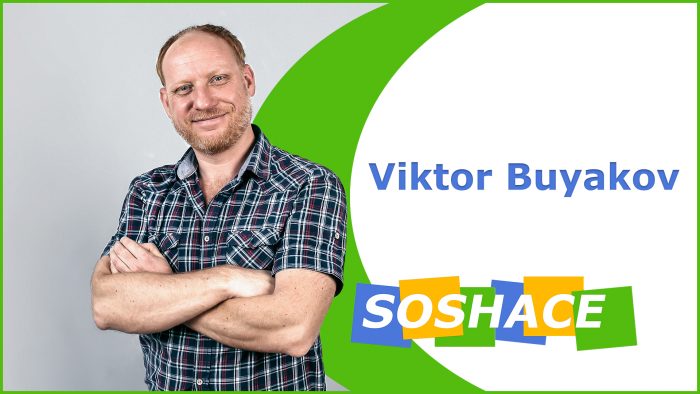In the realm of professional interviews, the distinction between a mere exchange of questions and answers and a genuinely productive dialogue hinges on one fundamental element: inquisitive engagement. This practice transcends traditional interviewing techniques, fostering an environment conducive to deeper exploration of subjects, whether for recruitment, research, or journalistic endeavors. Inquisitive engagement not only enhances the quality of information elicited from respondents but also cultivates trust and rapport, allowing interviewers to uncover insights that are often overlooked in surface-level interactions. This article delves into the critical role of inquisitive engagement in interviews, examining its theoretical underpinnings, practical applications, and the transformative impact it has on both interviewers and interviewees. Through a comprehensive analysis of current methodologies and case studies, we will highlight the strategies that can elevate the interviewing process, ultimately leading to richer, more meaningful outcomes in various professional contexts.
Table of Contents
- Understanding Inquisitive Engagement in Interview Dynamics
- Key Strategies for Employing Effective Questioning Techniques
- Evaluating Responses: The Role of Active Listening in Interviews
- Fostering a Collaborative Atmosphere Through Inquisitive Dialogue
- To Conclude
Understanding Inquisitive Engagement in Interview Dynamics
Inquisitive engagement plays a pivotal role in fostering a productive dialogue during interviews. It allows interviewers to delve deeper into candidates’ experiences, uncover their potential, and assess their suitability for the position. Active listening is essential in this process, as it enables interviewers to pose relevant follow-up questions that reflect a genuine interest in the candidates’ narratives. Moreover, when candidates are encouraged to ask questions, it not only demonstrates their interest in the role but also provides insight into their critical thinking skills. An effective interview thrives on mutual curiosity, where both parties engage in a dynamic exchange of ideas.
To maximize the effectiveness of inquisitive engagement, interviewers can utilize various techniques that promote a two-way conversation. Here are some strategies to consider:
- Ask open-ended questions that invite detailed responses.
- Paraphrase and reflect on candidates’ answers to show understanding.
- Encourage candidates to share their thought processes when tackling problems.
- Integrate situational questions to assess practical application of skills and knowledge.
The following table outlines the benefits of inquisitive engagement in interview settings:
| Benefit | Description |
|---|---|
| Enhanced Rapport | Fosters a comfortable environment for open dialogue. |
| Deeper Insights | Uncovers the candidate’s motivations and values. |
| Skill Assessment | Evaluates practical skills through scenario-based inquiries. |
| Cultural Fit | Assesses alignment with the company’s values and vision. |
Key Strategies for Employing Effective Questioning Techniques
Incorporating effective questioning techniques is essential to foster deeper engagement and gather insightful responses during interviews. This begins with using open-ended questions, which encourage interviewees to elaborate on their thoughts and feelings, rather than simply providing ‘yes’ or ‘no’ answers. Additionally, employing clarifying questions can help ensure understanding and promote a more thorough exploration of topics. To further enhance the quality of the dialog, utilize probing questions that dig deeper into specific areas of interest, thus unveiling underlying motives or beliefs. By strategically using these types of inquiries, interviewers can build rapport and create an environment where candidates feel comfortable sharing their perspectives.
Another critical technique in mastering questioning involves being adaptive and responsive to the flow of conversation. This means actively listening to responses and allowing flexibility in the line of questioning. Practicing active listening skills can significantly improve the interaction, as it demonstrates respect and attentiveness to the interviewee. Furthermore, employing the Funnel Technique—starting with broad, general questions before narrowing down to specifics—can help guide the discussion while also addressing various facets of the topic organically. Below is a simple table summarizing questioning techniques and their benefits:
| Questioning Technique | Description | Benefits |
|---|---|---|
| Open-Ended | Invites elaborate responses | Fosters rich dialogue |
| Clarifying | Seeks to ensure understanding | Promotes clarity |
| Probing | Dives deeper into specific topics | Unveils underlying thoughts |
| Funnel Technique | Starts broad and narrows down | Guides focused discussions |
Evaluating Responses: The Role of Active Listening in Interviews
In the realm of interviewing, the ability to evaluate responses accurately hinges significantly on the practice of active listening. This skill not only allows the interviewer to gather pertinent information but also fosters a deeper connection with the candidate. Active listening involves more than merely hearing the words spoken; it requires analyzing tone, observing body language, and retaining key points. By doing so, interviewers can discern nuances that inform their understanding, leading to more insightful follow-up questions that enhance the dialogue. Key components of active listening include:
- Intentional Focus: Dedicating full attention to the interviewee, minimizing distractions.
- Reflective Feedback: Summarizing or paraphrasing responses to confirm understanding.
- Non-Verbal Cues: Noticing gestures and expressions that reveal emotions or confidence levels.
Moreover, by integrating active listening into interviews, employers can significantly improve their ability to assess candidate fit and competence. Effective evaluators often utilize structured questioning alongside active listening techniques to create a balanced exchange. Below is a table summarizing the advantages of integrating active listening in the interview process:
| Advantages | Description |
|---|---|
| Enhanced Understanding | Deepens comprehension of candidate motivations and skills. |
| Stronger Rapport | Builds trust and openness, encouraging authentic responses. |
| Informed Decision-Making | Facilitates a clearer evaluation of a candidate’s potential fit. |
Fostering a Collaborative Atmosphere Through Inquisitive Dialogue
Creating an environment conducive to collaboration hinges on the ability to engage in inquisitive dialogue. By implementing a framework that encourages questions, organizations can foster a sense of shared purpose and mutual respect among interview participants. This approach not only enhances the richness of the conversation but also catapults the quality of information exchanged. Some essential practices to consider include:
- Open-Ended Questions: Promote deeper discussions, allowing candidates to elaborate on their thoughts.
- Active Listening: Demonstrate genuine interest in responses to create a reciprocal dialogue.
- Follow-Up Queries: Dive deeper into initial answers, signaling the value placed on the candidate’s perspective.
This method leads to a more dynamic interaction, transforming interviews from a mere assessment process into a collaborative exploration. By encouraging candidates to ask questions as well, interviewers can glean insights into their critical thinking processes and cultural fit. Consider a comparative overview of the impact of traditional interviews versus inquisitive engagement:
| Aspect | Traditional Interview | Inquisitive Engagement |
|---|---|---|
| Structure | Rigid and scripted | Flexible and adaptive |
| Information Flow | One-sided | Bidirectional |
| Candidate Experience | Stressful | Engaging |
| Outcome | Surface-level understanding | Comprehensive insights |
To Conclude
the significance of inquisitive engagement during interviews cannot be overstated. This nuanced approach not only enhances the depth and quality of the dialogue but also fosters a more dynamic exchange of ideas between the interviewer and the interviewee. By implementing strategic questioning techniques, interviewers can unveil critical insights, assess cultural fit, and pave the way for informed decision-making. As the complexities of the modern workplace continue to evolve, cultivating an environment that prioritizes curiosity and active listening will prove invaluable in identifying talent that aligns with organizational goals. Future research could further elucidate the mechanisms through which inquisitive engagement impacts interview outcomes, thereby enriching the discourse around best practices in talent acquisition. In an era where sound judgment rests heavily on nuanced understanding, refining the art of inquiry may very well be the key to unlocking a wealth of potential in today’s demanding job market.






